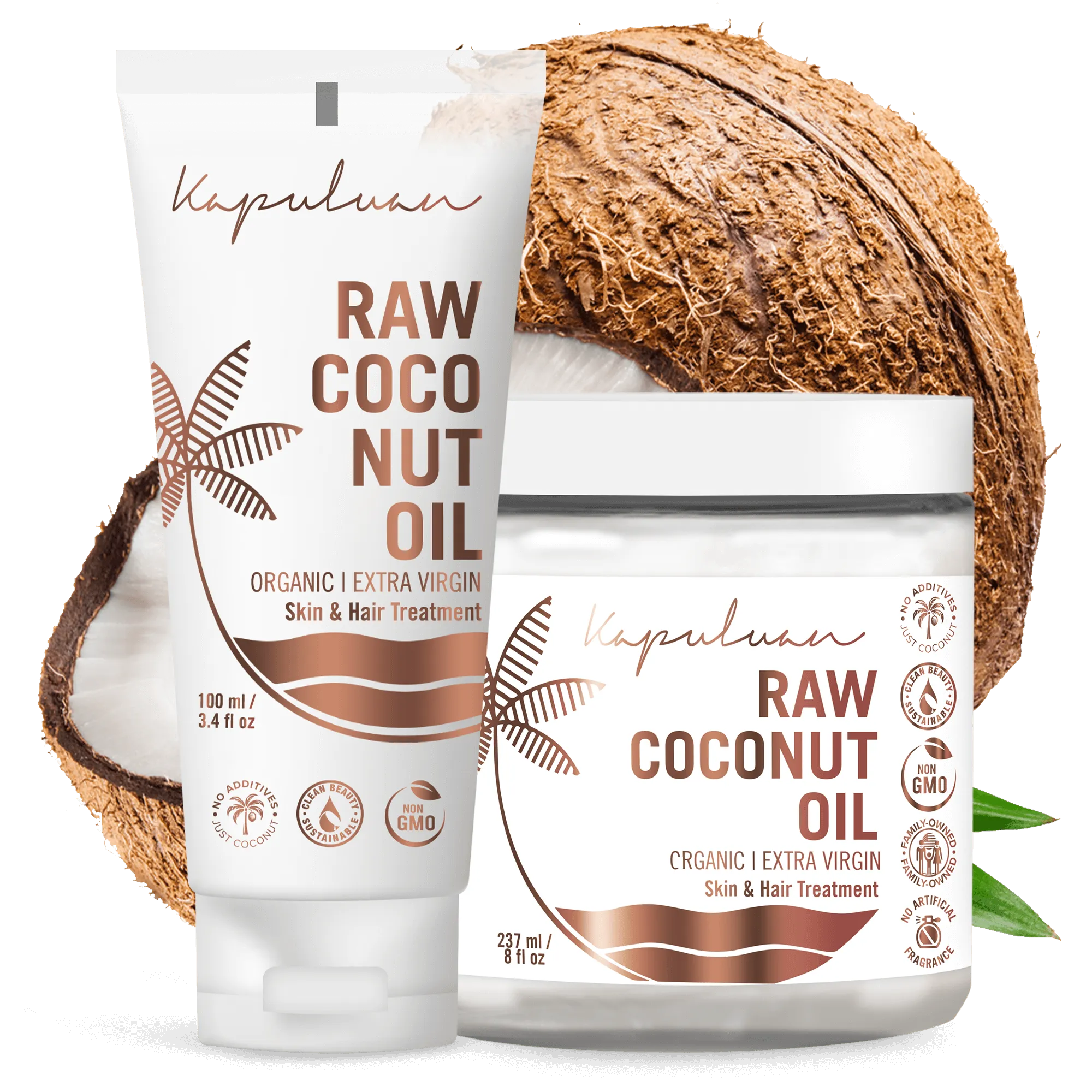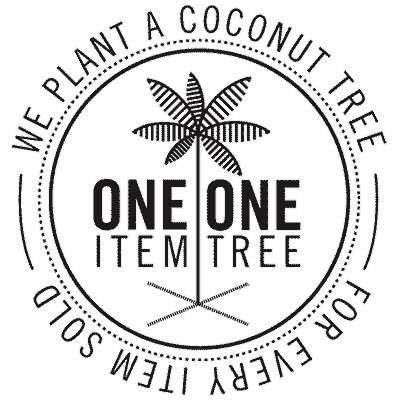
While a skin care product may seem lovely in the packaging with a beautiful fragrant aroma wafting to your senses, it may be why to put that product back on the shelf.
So why is the fragrance the #1 chemical to avoid in skin products?
When it comes to the health of our bodies, it’s essential to look at what chemicals to avoid when it comes to skin products. For example, fragrance, especially artificial, can be a toxic ingredient that can cause issues to your skin and overall health.
Want to take care of your skin? Consider the beauty products you put on and into your body.
What is “Fragrance?”
More than 95 percent of the chemicals in synthetic fragrances are derived from petrochemicals. These chemicals include benzene derivatives, aldehydes, phthalates, and many other known toxins capable of causing cancer, congenital disabilities, nervous-system disorders, and allergies—some of which are cited on the EPA’s hazardous waste list.
Environmental Working Group (EWG) researchers found more than 75 percent of products listing the ingredient “fragrance” contained phthalates, which have been shown to disrupt hormone activity, reduce sperm counts, cause reproductive malformation, and have been linked to liver and breast cancer, diabetes, and obesity. Fragrances can also cause inflammation in the skin (which leads to aging) and even trigger asthma and allergies, which makes it the number one chemical to avoid in skin products.
Additionally, studies by Dr. Philip J. Landrigan of the Mount Sinai Children’s Environmental Health Center link fetal exposure with autism, ADHD, and neurological disorders. So fragrance can be especially dangerous for expecting mothers.
Why Fragrance is a Chemical to Avoid in Skin Products
In May 1999, in response to repeated complaints of respiratory, neurological, and other toxic effects following the use of Calvin Klein’s Eternity perfume, the Environmental Health Network of California hired two testing laboratories to identify the ingredients in the perfume. Analysis of these results by the Cancer Prevention Coalition, summarized in the author’s 2009 Toxic Beauty book, reveals the following:
Twenty-six ingredients whose “Toxicological properties have not been investigated” or “toxicology properties have not been thoroughly investigated.”
- Twenty-five ingredients are “Irritants.”
- Five ingredients are “Skin sensitizers” or allergens.
- Three ingredients that show “Fetal, hormonal, and reproductive toxicity.”
- Two ingredients that “May cause cancer.”
Despite fragrances known to be potentially dangerous, it is still not even required by law for companies to disclose the specific ingredients used. As a result, in the U.S., manufacturers can legally hide hundreds of synthetic chemicals in one word—”fragrance”—without revealing those ingredients.
Many of us work hard to make good food choices—such as eating organic and avoiding hormones and GMOs—and we read nutrition labels. But how many of us read the labels of our bottles, sprays, and jars?
Well, fragrance is even more difficult, as it can be found in products marked “unscented.” So even if the front label screams “fragrance-free,” products can still contain these ingredients as a masking agent to cover unpleasant chemical smells.
Essential Oils and Fragrance
Fragrances made out of “essential oils” can also be problematic because many oils are adulterated and contaminated with chemicals. In addition, some essential oils are not even natural, consisting of artificial ingredients and scents: fragrant oils.
For instance, if you find a company claiming to use 100% natural watermelon or pineapple fragrances derived from oils, they may only be telling half the truth. There are no 100% natural watermelon or pineapple essential oils that smell like most people would want. Instead, these are fragrance oils artificial to smell like watermelon or pineapple. It may seem sexy and natural, but it is far from it.
It is essential to research a cosmetic company to find out how they are sourcing essential oils and choose products that don’t have the ingredients labeled “fragrance” or “parfum.”
Want to Avoid Toxic Chemicals in Your Skin Products? Read the Label!
The only way to know the truth is to read the labels! If a manufacturer isn’t willing to list ALL of a product’s ingredients on its label, we must ask why. Sometimes, it’s not just what is shown on the label… it’s what is not shown.
If a blanket statement seems too general…pause before you buy.
With all of our research and the incredible knowledge readily available today, we must ask ourselves why we continue to subject ourselves to these unhealthy, potentially dangerous ingredients. We at Kapuluan Coconut have made it our mission to create 100% natural products that smell and feel great so that you don’t have to worry about what’s in our jar or tube of coconut oil. All the ingredients are listed with nothing added or taken away. Just 100% Raw Organic Coconut oil for your overall body needs.
Wouldn’t it be amazing if EVERY beauty product did that?
Give your body the love and care it deserves without the toxic chemicals. Your skin will thank you.




